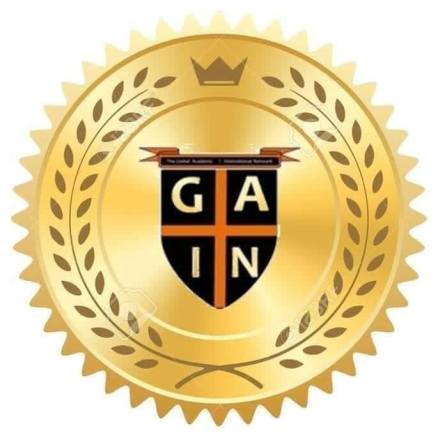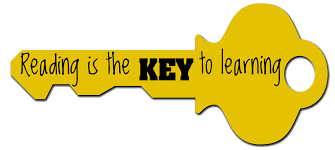I’m the young lady with the light blue hijab (head cover) in this picture which was taken in Chester, Cheshire, England during my UK REWARD WORLD TOUR.
Chester is a beautiful, historical walled city in Cheshire, England, on the River Dee, close to the border with Wales.
I won this UK World Tour as THE GLOBAL LEADER’S CHALLENGE REWARD following my success in organizing our Global TESOL Workshops in Indonesia, Thailand and Philippines.
Herewith, I also would like to sincerely thank our Global Founder and Chairman, Sir Abee Adee for this prestigious reward that has broaden my knowledge, given me a global experience and exposure, and changed my entire life.
Therefore, YOU CAN ALSO WIN OUR CHALLENGE & TRAVEL THE WORLD, IF YOU WANT!
Contact me on messenger, and I’ll be delighted to give you further details and guide you thoroughly.  🙂
🙂
Now we’re proud to announce that our World Tour & Global Roadshows event on “21st Century Teaching and Learning & Global TESOL + Cambridge TKT Best Practice Workshops” page is now live on Facebook event pages!
Here are the event links below:
SOUTH EAST ASIA World Tour:
(Bali, Singapore, Kuala Lumpur, and Bangkok)
https://www.facebook.com/events/417592665647178/?ti=cl
UNITED KINGDOM World Tour:
(Brighton, Oxford/Cambridge, and London)
https://www.facebook.com/events/230095217782560/?ti=cl
EUROPE World Tour:
(Romania, Bulgaria and Turkey)
https://www.facebook.com/events/1135478379967405/?ti=cl
If you’d like to COLLABORATE WITH US TO WIN OUR SPONSORED GLOBAL LEADERS CHALLENGE & TRAVEL WITH US TO ASIA, UK OR EUROPE THIS YEAR,
please contact Our Global Admin Team ASAP via:
1. Messenger @Globalacademy Worldteam or @GlobalTeachers TrainersAcademy
2. WhatsApp at +6281347730717.
3. Email at kia.globalacademy@gmail.com.
We look forward to seeing you in one of our World Tour cities in SEA, UK and Europe! 😊
Sincerely,
Kia RR
Global Online Admin Manager
www.facebook.com/ietesol
GlobalTeachers TrainersAcademy
Globalacademy Worldteam

Taken by Kia. RR in Chester, England Global Academy/ International Network







